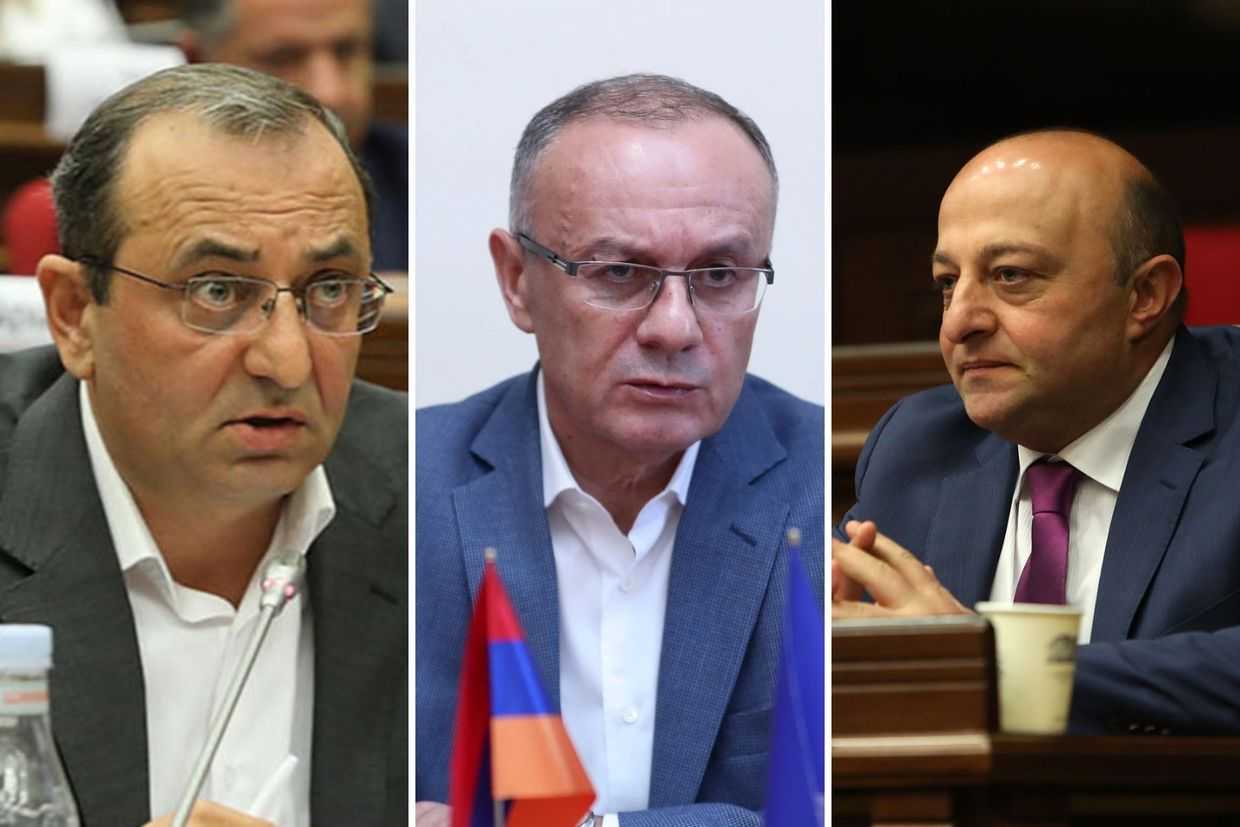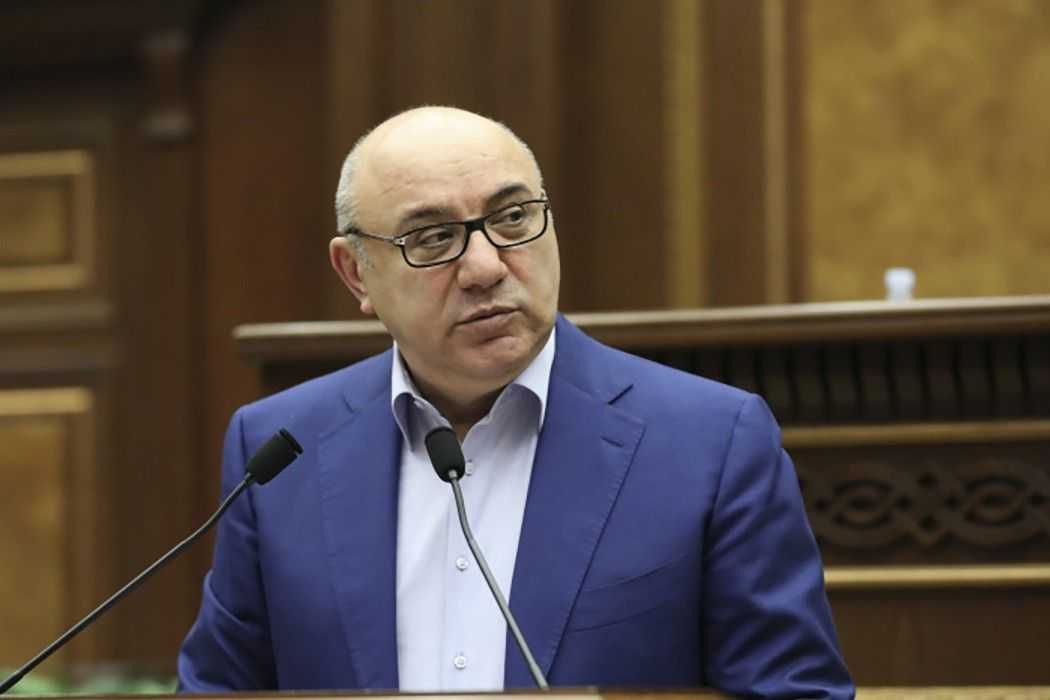
Tensions between the opposition and the ruling party have continued to flare in the Armenian parliament, disrupting regular discussions and votes. The authorities have responded by further restricting the work of journalists.
In the latest incident on Wednesday, Speaker of Parliament Alen Simonyan called security into the hall after opposition and ruling party MPs almost came to blows. Simonyan then ordered that live-streaming of the session be halted.
After the incident, journalists were barred from entering the press room used to follow and cover sessions of parliament.
‘We did not receive any explanation, we have been working in the room next to the press gallery, following the monitor’, Seda Ghukasyan, a journalist from Armenian investigative outlet Hetq told OC Media. ‘The gallery was opened at the next sitting, but we did not receive an explanation as to why it was closed or reopened’.
The restrictions on journalists in parliament as well as several bills ostensibly aimed at cracking down on slander and foul language have raised concerns among local and international rights groups about press freedom and freedom of expression in the country.
Wednesday’s incident was the latest of several obstacles faced by journalists since the formation of the new parliament.
During the opening session of parliament on 2 August, security was higher than usual and journalists were barred from entering the areas housing the offices of ruling party MPs. The authorities had claimed that the increased security measures were temporary, however, problems for the media have persisted.
On 3 August, a journalist from Panorama.am was barred from entering parliament after photographing the increased security measures the previous day. The organisation’s management was reportedly told that the journalist had ‘violated protocols’.
Ghukasyan said there had been a marked change in how journalists were treated in parliament since it resumed, and that they were being prevented from moving freely and interviewing parliamentarians.
‘Security is always following journalists, stating that this or that area is off limits’.
‘Citizens have the right to know what’s happening in Parliament’
After winning a landslide victory in snap parliamentary elections in June, Prime Minister Nikol Pashinyan’s Civil Contract Party has also continued to push forward bills that rights groups have warned could have a chilling effect on freedom of speech.
The latest introduced fines for ‘swearing’, with the amount going up to ֏6 million ($12,000) if aimed at a public official.
Earlier this year, parliament adopted several other bills increasing the fines for insults and slander, and threatening to fine the media outlets for citing ‘anonymous’ sources.
[Read more: New policies threaten Armenia’s press freedom]
In a joint statement on on 11 August, a group of NGOs criticised the authorities for their treatment of the press.
‘Citizens have the right to know what’s happening in Parliament, the behaviour each deputy exudes, regardless of whether it will be evaluated positively or negatively’, the statement reads.
Since parliament resumed on 2 August, the opposition Armenia Alliance and I Have Honour Alliance have repeatedly boycotted sessions demanding the release of several opposition supporters who were arrested before being elected as MPs
The ruling party also twice failed to elect a Deputy Speaker of Parliament, one of whom must be from the opposition, before finally electing the opposition’s nomination, Ishkhan Saghatelyan on 6 August.






